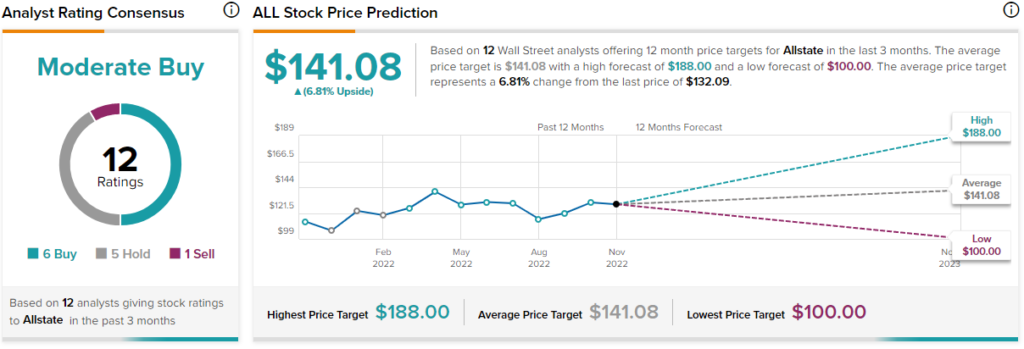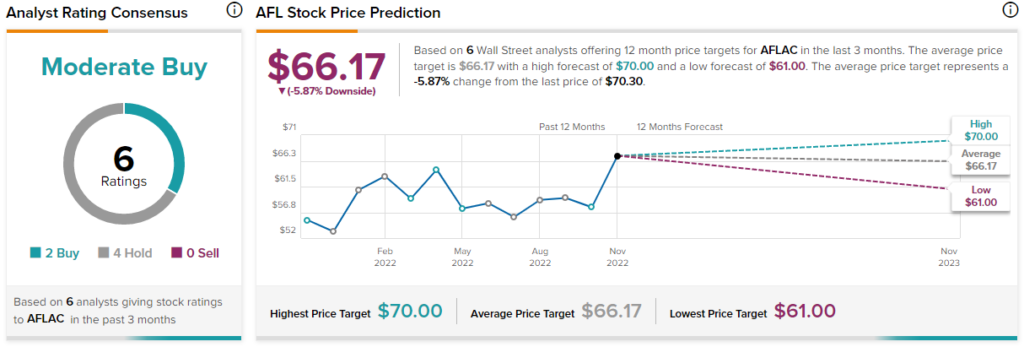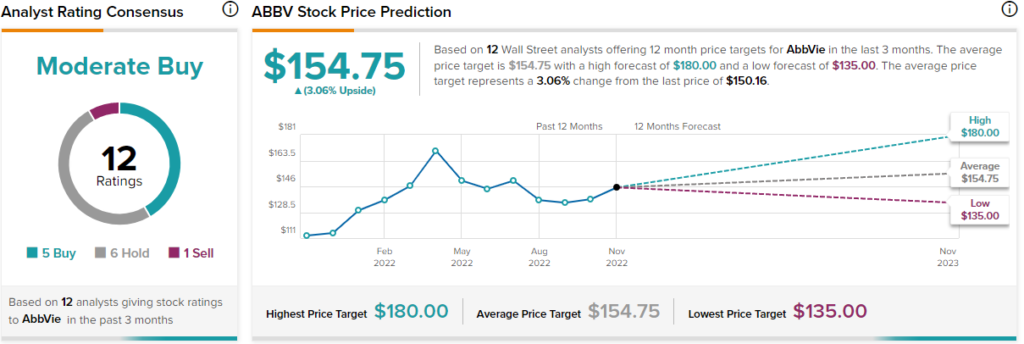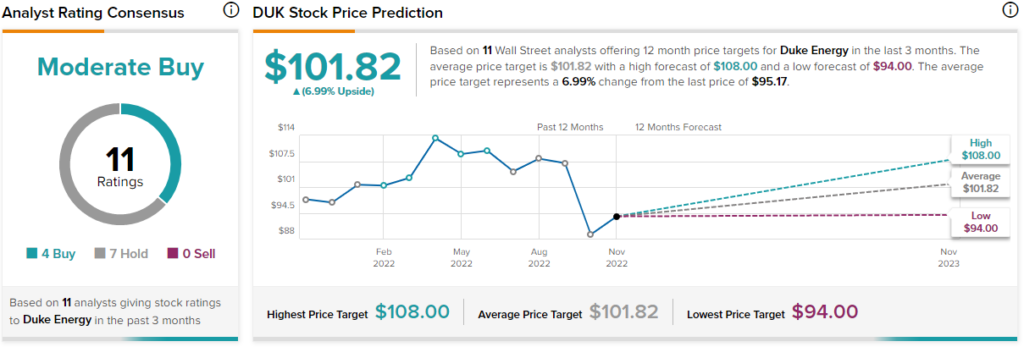With corporate pensions largely becoming an anachronistic relic, it’s never been more important for investors to plan for their golden years. However, with the combination of broader market volatility and the Federal Reserve’s interest rate hikes (and all that this action encompasses), the backdrop practically bolsters the case for finding the best stocks for retirement.
Specifically, the market no longer incentivizes investors to consider growth-oriented names. Instead, the Fed’s monetary tightening will likely drive demand for value-driven enterprises, in other words, companies with deeply established track records that pay back their shareholders in the form of reliable and stable dividends.
Further, the sharp rise in borrowing costs due to the aforementioned rate hikes created a paradigm shift in the purchasing power of the dollar. Previously, inflationary forces made money “cheap,” thus sparking growth-focused endeavors. Now, money is “expensive,” meaning that value has become the priority. Organically, this framework helps the best stocks for retirement as they already eschew expansion for stability.
Below are seven market ideas that deserve closer attention during these unusual times.
Microsoft (NASDAQ:MSFT)
One of the best stocks for retirement, thanks to its far-reaching relevance, software and technology giant Microsoft primarily warrants attention because it dominates the language of business. Based on the latest data, Microsoft Windows owns nearly 76% of the global desktop market share. Stated differently, if you want to succeed in the professional realm, you must be fluent in Windows along with Microsoft’s various business applications.
Quantitatively, MSFT ranks among the best stocks for retirement because it features a balanced financial profile. Leveraging a solid balance sheet, this fiscal stability undergirds the company’s strong revenue growth and excellent profit margins. While its forward dividend yield of 1.1% isn’t particularly generous, its payout ratio of 26.7% suggests high reliability of passive income outflows.
Is MSFT Stock a Buy, According to Analysts?
Turning to Wall Street, MSFT stock has a Strong Buy consensus rating based on 24 Buys, three Holds, and zero Sell ratings. The average MSFT price target is $293.46, implying 18.8% upside potential.

Coca-Cola (NYSE:KO)
One of the most iconic American companies and a symbol of western-style capitalism, Coca-Cola also ranks among the best stocks for retirement. Fundamentally, analysts for years labeled KO stock as resistant to recessionary pressures. In addition, the company’s products offer a cheap thrill, providing a caffeine boost at a relatively low cost.
Regarding its financials, investors will appreciate its forward yield of 2.87%, which stands nominally one percentage point higher than the sector average. Although its payout ratio is high at 69.64%, the company also enjoys 60 years of consecutive dividend increases. There’s really no way that management will let this status go without a fierce battle, allowing stakeholders to rest easier at night.
Is KO Stock a Buy, According to Analysts?
Turning to Wall Street, KO stock has a Strong Buy consensus rating based on 12 Buys, two Holds, and zero Sell ratings. The average KO price target is $66.29, implying 8.1% upside potential.

Allstate (NYSE:ALL)
An insurance agency, Allstate may be boring, but it easily counts itself among the best stocks for retirement available. Indeed, insurance firms live for market ecosystems such as the present juncture. That’s because insurance stocks and the benchmark interest rate typically share a direct correlation: as one rises, so too does the other.
On the financial side, ALL brings a forward yield of 2.57%. Though not the greatest dividend, the company’s payout ratio is 36.7%, implying a sustainable passive income outflow. Also, Allstate is relatively undervalued, with its price-to-sales ratio of 0.7x favorably lower than the industry median of 0.95x.
Is Allstate Stock a Buy, According to Analysts?
Turning to Wall Street, ALL stock has a Moderate Buy consensus rating based on six Buys, five Holds, and one Sell rating. The average ALL price target is $141.08, implying 6.8% upside potential.

Aflac (NYSE:AFL)
One of the world’s biggest suppliers of supplemental insurance, Aflac provides a critical need by filling gaps that traditional insurance plans don’t cover. In addition, AFL ranks among the best stocks for retirement because of fundamental awareness. With the pain of COVID-19 still fresh, everyone realized that circumstances can go awry without warning. Therefore, Aflac couldn’t have asked for a better marketing campaign than COVID-19.
Aflac also makes plenty of sense for those seeking a worry-free retirement. For instance, its dividend yield is 2.40%, while its payout ratio sits at 31.26%, indicating reliable passive income. Further, the company sports 39 years of consecutive dividend increases, a status no executive team will relinquish cheaply.
Is AFL Stock a Buy, According to Analysts?
Turning to Wall Street, AFL stock has a Moderate Buy consensus rating based on two Buys, four Holds, and zero Sell ratings. The average AFL price target is $66.17, implying 5.9% downside potential.

AbbVie (NYSE:ABBV)
A pharmaceutical giant, AbbVie draws intrigue because of its acquisition of Botox. With normalization trends likely to fully materialize in the workforce as employers recall their workers back to the office, an emphasis will rise on physical complexion. It’s a cynical take, sure, but it’s also one that could make ABBV one of the best stocks for retirement.
By the numbers, AbbVie continues to attract investors. Primarily, the pharma carries a forward yield of 3.94%, well above the healthcare sector average of 1.58%. While its 50.54% payout ratio is a bit on the high side, AbbVie commands 50 years of consecutive dividend increases. Again, management will do whatever it takes to keep this trajectory moving forward and higher.
Is ABBV Stock a Buy, According to Analysts?
Turning to Wall Street, ABBV stock has a Moderate Buy consensus rating based on five Buys, six Holds, and one Sell rating. The average ABBV price target is $154.75, implying 3.06% upside potential.

Duke Energy (NYSE:DUK)
A major utility firm, Duke Energy makes plenty of sense across most frameworks due to its infrastructural relevance. However, it really makes sense as one of the best stocks for retirement. Because Duke covers regions popular with millennials, it’s basically positioned where people will be, not necessarily where they are. Thus, DUK enjoys forward relevance.
In addition, Duke Energy offers a forward yield of 4.14%, slightly exceeding the sector average of 3.75%. Though the payout ratio stands on the high side at 70.63%, the company also has 17 years of consecutive dividend increases. Finally, Duke also benefits from profit margins that rank among the industry’s top-half performers.
Is DUK Stock a Buy, According to Analysts?
Turning to Wall Street, DUK stock has a Moderate Buy consensus rating based on four Buys, seven Holds, and zero Sell ratings. The average DUK price target is $101.82, implying 7% upside potential.

Intel (NASDAQ:INTC)
Saving the riskiest name among the best stocks for retirement for last, Intel has certainly seen better days. Since the start of the year, INTC has shed 40% of its equity value. However, it’s also fair to point out that the company could be significantly undervalued. For instance, INTC is priced at 9.2x trailing-12-months (TTM) earnings. In contrast, the industry median is 16.4x.
Intel is also generous, featuring a forward yield of 4.8%. This handily beats out the sector average of only 1.37%. While the payout ratio is lofty at 73.29%, INTC delivers a potentially potent combo of upside potential and passive income. Thus, it’s one of the best stocks for retirement.
Is INTC Stock a Buy, According to Analysts?
Turning to Wall Street, INTC stock has a Hold consensus rating based on four Buys, 16 Holds, and eight Sell ratings. The average INTC price target is $29.54, implying 2.9% downside potential.










